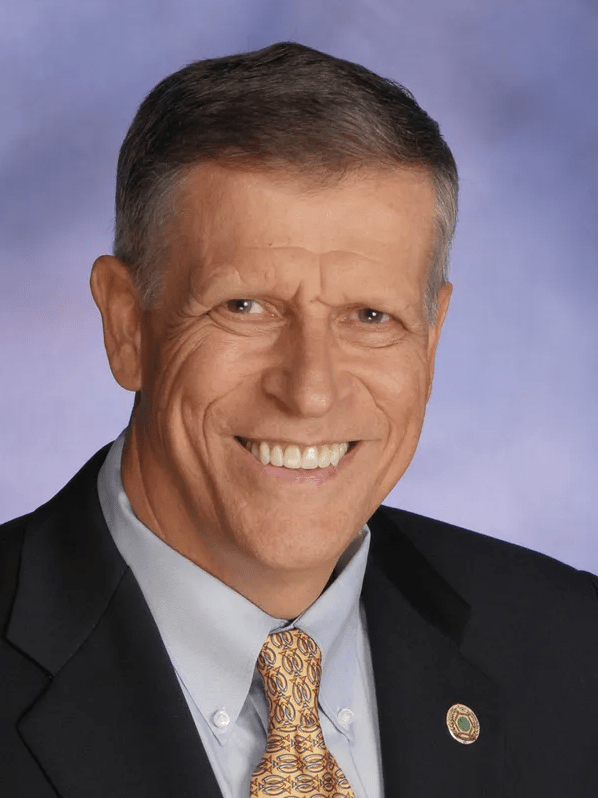
By Lee Webber
Well, here we are but how did we get here?
Why has the who, what, where, when, why and how of traditional government watchdog journalism been allowed to fall by the wayside?
Who or what has caused this slow but steady, creeping cruddy erosion of the traditional role of our watchdog on government?
A role the press and that journalists have played in society since the beginnings of our country’s inception.
When, where and why did it start?
How can we turn that watchdog role around and bring back the traditional journalist’s role of being the active watchdog on government officials – on behalf of the people and stop the subtlety of elected oppression that has been steadily creeping into our lives?
In short how do we bring back that proactive, aggressive voice of the “Fourth Estate?”
How do we responsibly place constant pressure on elected officials and return the power into the hands of the people by keeping them aggressively informed of what their elected and appointed representatives are doing?
In this writer’s opinion we do that by returning to the full and aggressive role of watchdog on the government to a free and economically strong press.
That can only be done by returning the role of the presidents and publishers’ to being that of ensuring the economic security of their companies and thereby maintaining the freedom of their news and editorial rooms.
We do that by properly training young people aspiring to be real journalists to what their role in society is really supposed to be.
Writers, reporters and editors who are willing to return to those core values rather than being little more than social entertainers.
While this creeping crud began long before the desert wars and the flourishing of the internet, those two events did more to speed the degradation and stagnation of true traditional journalism than any other single event.
Wars can have a way of blurring our vision and distracting our attention from core values.
Traditional news organizations were led by people who followed core values and ethical standards that were, by design, put into place, much like the First and Second Amendments, to protect us from our own elected, and in far too many cases, greedy government officials.
In his book, “War Is a Force That Gives Us Meaning,” Chris Hedges points out that “the rush of battle is often a potent and lethal addiction, for war is a drug.”
That statement was so powerful that Kathryn Bigelow used it at the start of her 2008 film, “The Hurt Locker.”
That film aired shortly after my move from president and publisher of the Pacific Daily News here on Guam to Hawaii to be president of Gannett Pacific and publisher of the Honolulu Advertiser.
The combination of the middle eastern wars, expansion of the government-developed internet and press owners’ fear of financial loss hastened the decline of traditional journalism.
The internet, much like the railroads and the inter-state highways that criss-cross the United States, were driven by government.
While, in my opinion, the inter-state highways and railways drove and sped economic growth and expansion – driven by wars – the opening of the internet opened a proverbial pandora’s box.
If you recall, Pandora had a box that was filled with all sorts of misery and evil and when she opened the box the evils flew out all over the earth.
This, for my purposes, includes the internet; and with it came the ability of literally anyone and everyone to call themselves reporters.
Only in this case, reporters to the world!
A world that here-to-fore had, in many cases, viewed newspapers in a similar way as they viewed the Bible. If it was printed, it was the truth.
The problem was, and is, the vast majority of these so-called electronic reporters are little more than ego-building, self-ingratiating would-be entertainers with little or no desire to take the time to really seek the truth on behalf of the public they supposedly serve.
In today’s electronic media there are few if any real controls placed on what is written and whether or not it is true and simply something imagined by someone sitting in front of their computer in their underwear with a drink next to their keyboard.
As Voltaire said, “those who can make you believe absurdities can make you commit atrocities.”
According to Chris Hedges, “Cable news, CNN, MSNBC, Fox: it’s just burlesque. The print media has atrophied for many reasons, including commercial reasons. […] Any institution as it dies becomes more reactive, it becomes more fearful, it attempts to sustain itself, it attempts to not anger or alienate the few people it has left. And so, it actually accelerates its own decline. And that’s happening in the press.”
In large communities that is very true but in small communities, such as ours, it can be avoided through the use of hard-hitting news coverage, solid editorials and good business management.
Let’s work together to Make Guam Great Again.
Esta.
Lee P. Webber is a businessman and civic advocate, the former publisher of the Pacific Daily News, a former president and publisher of the Honolulu Advertiser, and a former director of operations for USA Today International/Asia





